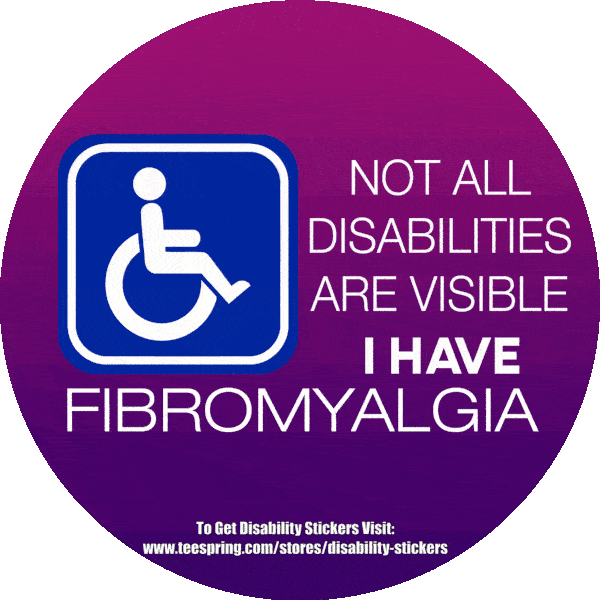Diarrhea, characterized by frequent, loose, and watery stools, is a common gastrointestinal ailment that can be caused by various factors, including infections, food poisoning, medication side effects, and underlying medical conditions. While it is often self-limiting, diarrhea can lead to dehydration, electrolyte imbalance, and discomfort.
The Role of the Gut Microbiome
The gut microbiome, a complex ecosystem of microorganisms residing in the digestive tract, plays a crucial role in maintaining intestinal health. Imbalances in the gut microbiome, often referred to as dysbiosis, have been implicated in various gastrointestinal disorders, including diarrhea.
Probiotics: Restoring Balance
Probiotics, live microorganisms that confer health benefits when consumed in adequate amounts, have emerged as a potential therapeutic option for diarrhea. By introducing beneficial bacteria into the gut, probiotics can help restore balance to the microbiome and support digestive function.
Types of Probiotics for Diarrhea
Several strains of probiotics have been studied for their efficacy in treating diarrhea, including:
- Lactobacillus acidophilus: This strain has been shown to reduce the duration of acute diarrhea, particularly in children.
- Bifidobacterium infantis: This probiotic has demonstrated efficacy in treating antibiotic-associated diarrhea and improving gut barrier function.
- Saccharomyces boulardii: A yeast-based probiotic, S. boulardii can help prevent traveler’s diarrhea and reduce the duration of acute diarrhea.
- Lactobacillus rhamnosus GG: This strain has been extensively studied for its ability to treat acute diarrhea and improve symptoms of irritable bowel syndrome (IBS).
Also Read: Hope for millions with fibromyalgia as new gut bacteria test could diagnose condition faster
How Probiotics Work
Probiotics can help alleviate diarrhea in several ways:
- Competing with Pathogens: Probiotics can directly compete with harmful bacteria, preventing them from colonizing the gut and causing infection.
- Strengthening the Gut Barrier: A healthy gut barrier helps prevent harmful substances from entering the bloodstream. Probiotics can help repair and strengthen the gut barrier, reducing the risk of diarrhea.
- Modulating Immune Response: Probiotics can influence the immune system, helping to regulate inflammation and reduce the severity of diarrhea.
- Producing Beneficial Metabolites: Probiotics can produce short-chain fatty acids (SCFAs), which have anti-inflammatory properties and can help maintain gut health.
Evidence for Probiotic Use in Diarrhea
Numerous studies have demonstrated the effectiveness of probiotics in treating various types of diarrhea. For example:
- Traveler’s Diarrhea: Probiotics, particularly S. boulardii, have been shown to reduce the incidence and duration of traveler’s diarrhea.
- Antibiotic-Associated Diarrhea: Probiotics can help prevent or treat diarrhea caused by antibiotics, which can disrupt the gut microbiome.
- Acute Diarrhea in Children: Probiotics, such as L. acidophilus, have been found to shorten the duration of acute diarrhea in children.
- Irritable Bowel Syndrome (IBS): Certain strains of probiotics, including L. rhamnosus GG, have shown promise in improving symptoms of IBS-related diarrhea.
Choosing the Right Probiotic for Diarrhea
When selecting a probiotic for diarrhea, consider the following factors:
- Strain-Specific Efficacy: Different strains of probiotics may have varying levels of effectiveness for different types of diarrhea. Choose a product that contains strains with documented efficacy for your specific condition.
- Dosage: The recommended dosage of probiotics can vary depending on the strain and the type of diarrhea being treated. Follow the manufacturer’s instructions or consult with a healthcare professional.
- Quality and Purity: Ensure the probiotic product is manufactured by a reputable company and is of high quality. Look for products that have been tested for purity and potency.
Safety and Side Effects
Probiotics are generally considered safe for most people. However, some individuals may experience mild side effects, such as bloating, gas, or constipation. If you have a weakened immune system or an underlying medical condition, it’s advisable to consult with a healthcare professional before starting a probiotic regimen.
Probiotic for diarrhea can be a valuable addition to your treatment plan. By restoring balance to the gut microbiome, probiotics can help alleviate diarrhea, reduce symptoms, and promote overall digestive health. If you’re experiencing frequent or persistent diarrhea, consider incorporating a high-quality probiotic into your routine and consult with a healthcare professional for personalized advice.

Disability Invisible illess awareness BUMPER STICKER fibromyalgia – stop ther judging you. Click Here to ge this
